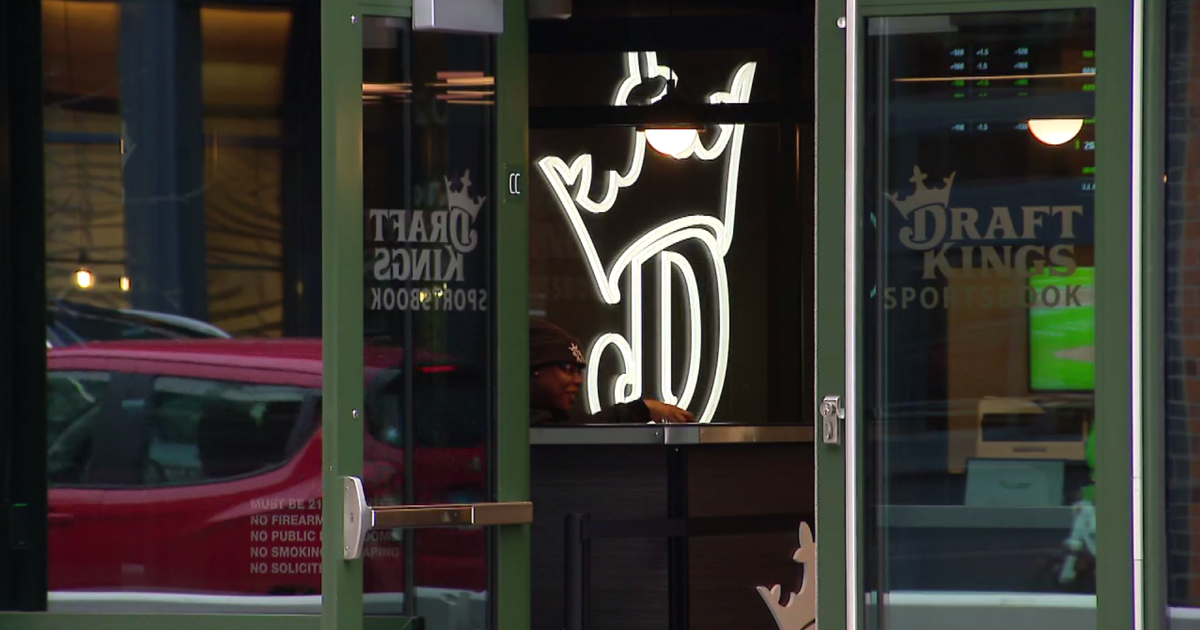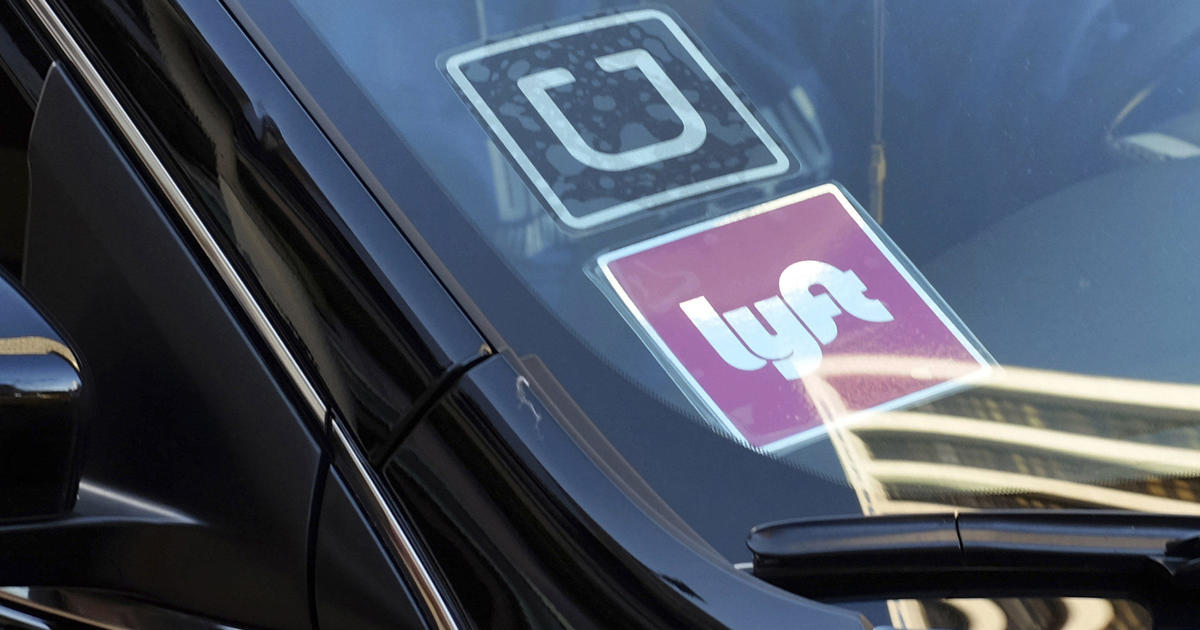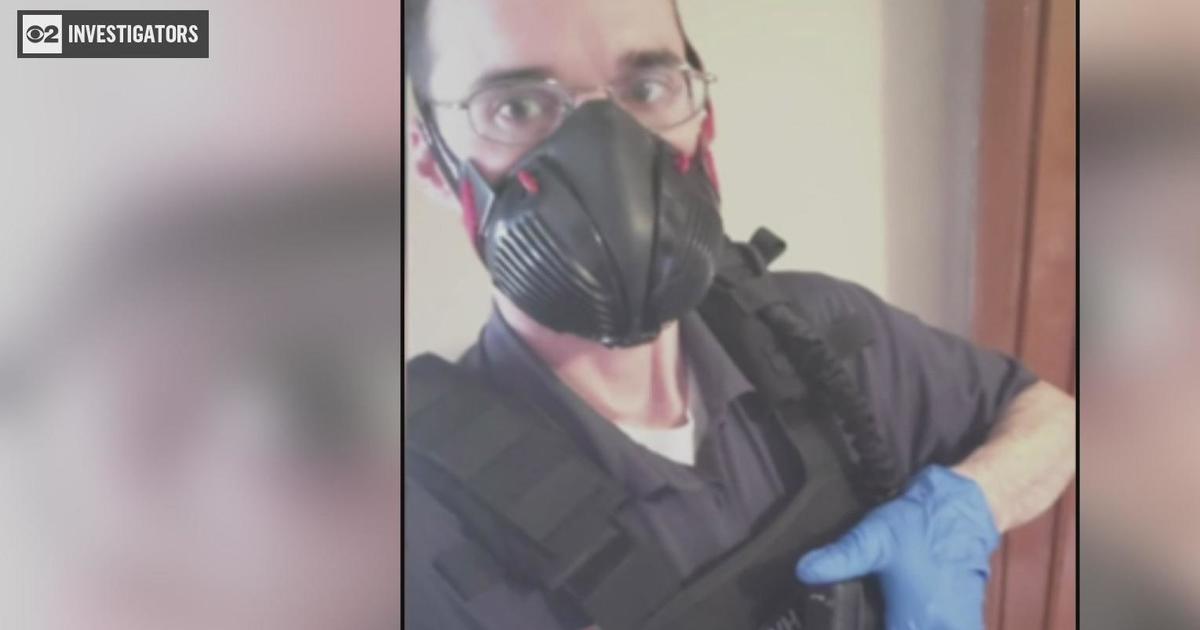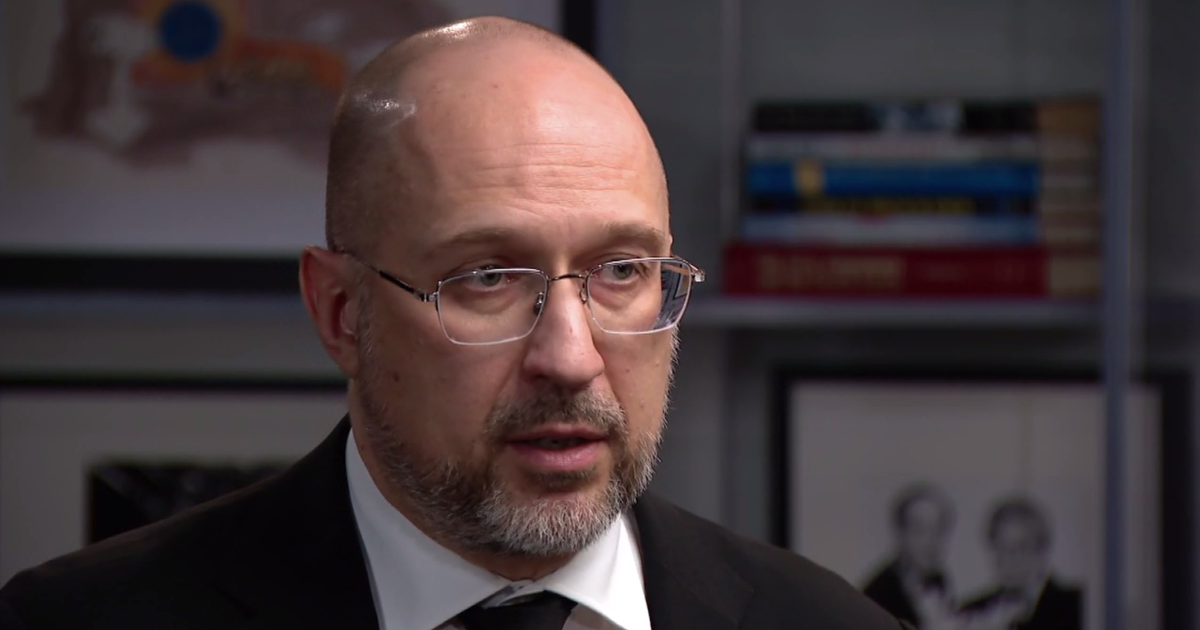Gov. JB Pritzker Says Coronavirus Cases Might Not Peak Until Mid-May; 33,059 Confirmed COVID-19 Cases So Far, 1,468 Deaths
CHICAGO (CBS) -- As Gov. JB Pritzker said Illinois isn't expected to hit a peak for COVID-19 cases until mid-May, and Mayor Lori Lightfoot said she expects the stay-at-home order might remain in place as late as June, Illinois saw 1,551 new cases of COVID-19 in Illinois, including 119 additional deaths, in the past day.
Pritzker himself has yet to say how long he might extend the stay-at-home order beyond its current April 30 expiration date, but has said there will likely be adjustments to the order after that.
"We're working hard to try to make changes to the stay at home order, but we are in the stay at home order now, so I think I've given enough information to people so they understand that the peak is still yet to become, we need to be careful," Pritzker said at his daily coronavirus briefing on Tuesday.
Earlier in the day, Lightfoot said the stay-at-home order might be extended to late May or beyond.
"I've made no secret of the fact that April 30th is no longer, I think, a viable date. I would expect an extension of the stay at home order and the other orders that were put in place as a result of the response to COVID-19 to go through sometime in May. It certainly could go into June," she said in a conference call with reporters.
Pritzker said, even though governors in states like Georgia, Tennessee, South Carolina have announced they will let most businesses in their states reopen on May 1, despite a rise in cases, he has ruled out doing the same in Illinois.
"As I have said time and time again, in order for us to truly open things up, we need tracing, we need testing, we need a treatment available, and we need a widespread availability of PPE, and we don't have those things available to us today," Pritzker said.
Pritzker also was asked what he would say to people who live far outside the Chicago area and feel the stay-at-home order is a punishment driven largely by the COVID-19 situation in Chicago, which has virtually no chance of affecting them.
"That is an odd word to use. We are in a global pandemic. When this broke out, nobody, nobody knew how fast this would travel. Nobody knew who was most susceptible to it. Nobody knew how to counter its effects. And much of that information, although we've discovered some, is still unknown to experts," Pritzker said. "The goal here is to do the right thing for everybody."
Illinois Public Health Director Dr. Ngozi Ezike said Illinois now has 33,059 confirmed cases of the novel coronavirus in 96 counties, including 1,468 deaths.
As of Monday night, 4,776 people in Illinois were hospitalized with COVID-19; including 1,226 patients in intensive care, and 781 patients on ventilators.
Ezike said 54% of the cases reported to IDPH less than two weeks ago have reported they no longer have symptoms. For patients who reported positive tests four weeks ago, 77% of them have reported being recovered.
"This is encouraging news, and I hope it will strengthen our resolve to continue the very tough sacrifices that we continue to make. We must continue to stay at home. We must continue to wear our masks if outside. We must continue building on the progress we have made, and sustain it," she said.
Ezike said, so far, less than a dozen COVID-19 patients from the Chicago area have been transferred to the McCormick Place alternate care facility, which was designed to prevent hospitals from being overwhelmed by coronavirus patients. The first 500 beds were completed on April 3, and capacity was expanded to 2,250 beds on April 10, but the facility didn't start accepting patients until a week ago.
The McCormick Place facility is scheduled to reach its full capacity of 3,000 beds by Friday, and Pritzker said he hopes it never needs to use all of those beds, but he wants to make sure the state is prepared just in case.
"The consequence of being underprepared would be the loss of life, and the consequence of being overprepared would be that we built out more than we may have needed, and nobody can know exactly where we'll end up until much after we've hit the peak and moved off of it," he said.
Ezike said she's also concerned about what would happen if the state sees another spike in coronavirus cases in the fall, when flu season typically begins.
"If you had COVID as well as flu, it's very concerning that that could be a significant second wave, or a second surge. So that's why, without a treatment, without a vaccine for COVID, those two overlaid could be very problematic," she said.



